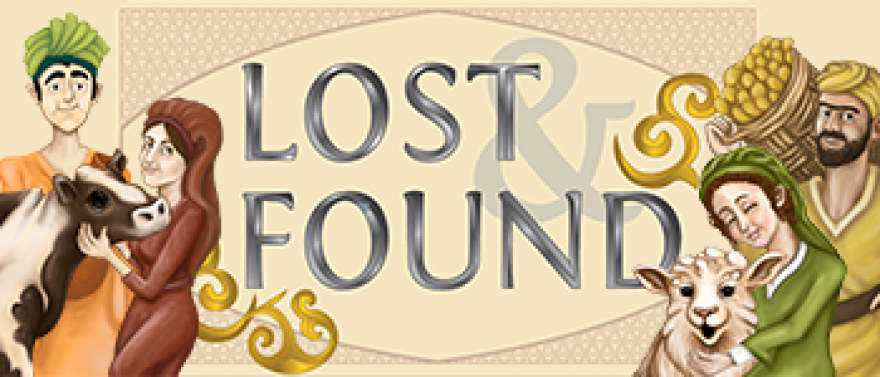A team at the Rochester Institute of Technology has produced two first of their kind table-top games that aim to promote and enhance the public understanding of religion and law.
The two games, Lost and Found and Lost and Found: Order in the Court are set in 12th century Cairo, between 1170 and 1180.
Assistant Professor of Interactive Games and Media Owen Gottlieb says the first game, Lost and Found, is geared towards high school and college aged players. It’s kind of like a Settlers of Catan, a board game that has players working to build and maintain a settlement.
"To work up to build the cities resources, the kinds of things you need for the city like clean water or training a doctor or training a scribe, and you have to do that with limited resources."
It focuses focuses on the role villagers have in their communities Gottlieb says, and how to solve problems through religious sacred law systems.
"And in the case of our game, if my neighbor loses their cow or their sheep, what are my responsibilities? Deuteronomy in the bible would say that you have to care for your neighbors belongings, but how does that actually play out?"
These games model the Mishneh Torah, a medieval Jewish law code.

Lost and Found: Order in the Court is a card game, where one judge puts a card down that details a law from this time, and the rest of the players make up a story about how that law came to be.
Gottlieb said that both religious codes and game systems are rule based, and he’s always been interested in exploring that interplay more.
"I think it’s become more and more timely as issues around religious legal systems have been in the news and there’s limited understanding. Because unless you’re taking graduate level courses in something like the religious medieval legal system, which is what we're dealing with, it’s very hard to for people to have a sense of what we’re talking about."
The games took three years to create and were fully produced at RIT, with most of the graphic design and game development coming from students.
Both games are available online from RIT's MAGIC Studios. They are the first in a series Gottlieb says, a third game focusing on medieval Islamic law is in development now.

